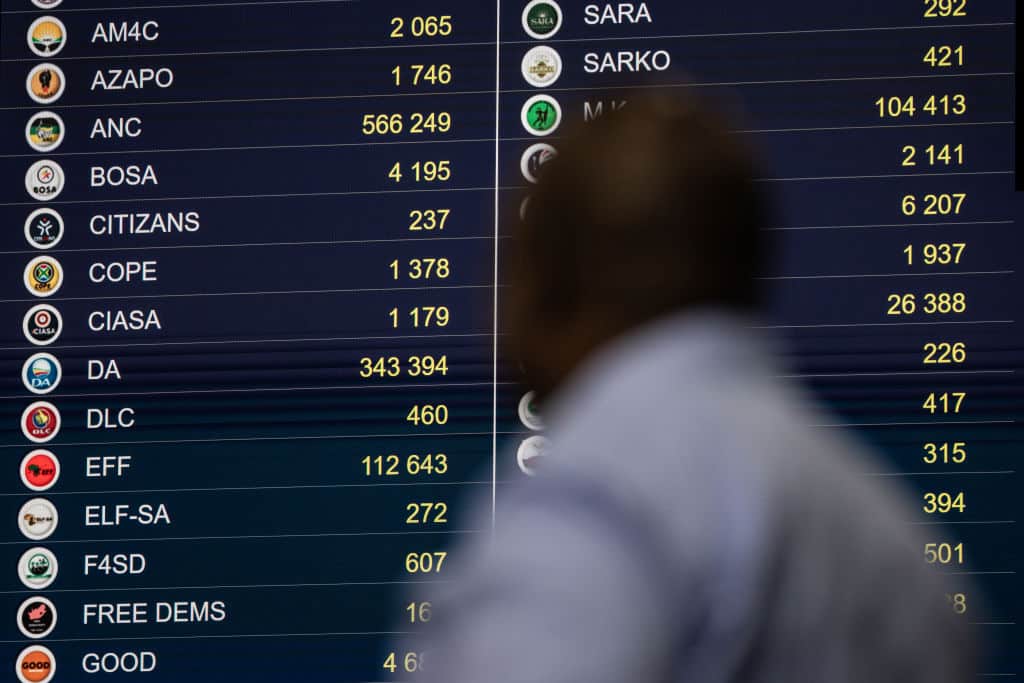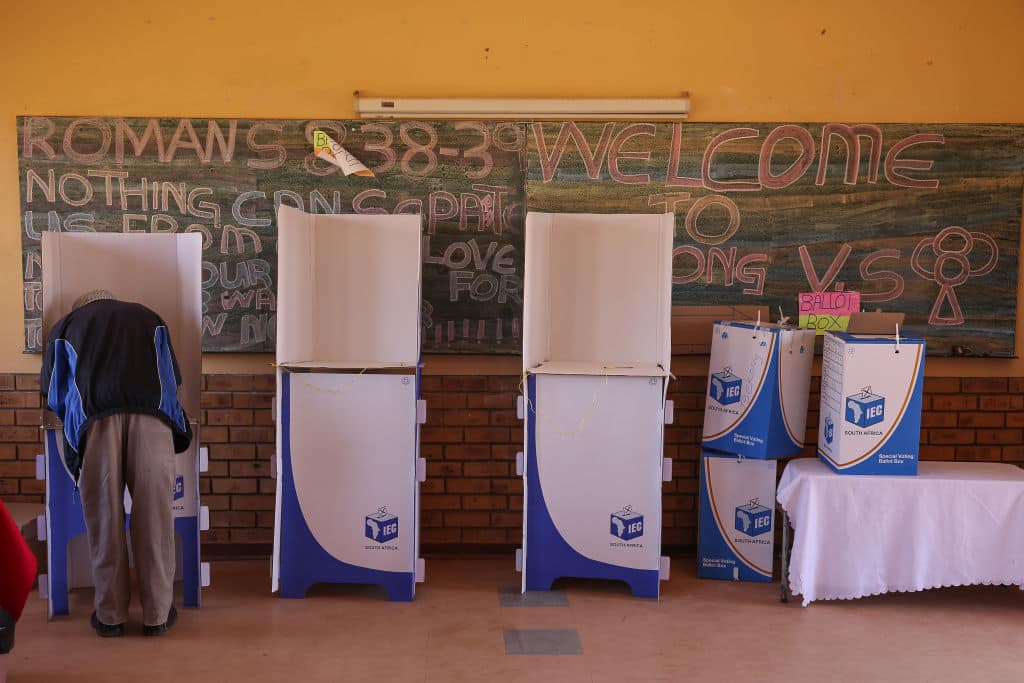May 29 was anything but smooth sailing for the southern African nation as citizens exercised their right to vote, late into the night. The ruling African National Congress (ANC) is expected to attain below 50% for the first time since coming to power 30 years ago. As counting continues, FORBES AFRICA takes a look at the expectations and possible outcomes of the pivotal elections.
By the time ballots opened at 7AM on May 29, more than 900,000 South Africans had already cast special votes over the two previous days. There was hope that the rest – almost 27.8 million eligible voters – would follow suit.
Yet, despite months of planning, Election Day was plagued by offline systems; power outages; service delivery protests; and voting stations not opening on time. Voters were lucky if they spent an hour and a half in the queue, while some reported waiting more than nine hours to exercise their democratic right.
With mass delays causing a backlog that could have rivalled Eskom’s maintenance schedule, the Independent Electoral Commission (IEC) issued an announcement that all those standing in line by 9PM on Wednesday night would still be allowed to vote despite the fact that polls were meant to close at that time. By 11PM, numerous voting stations were still open.
The IEC had anticipated voter turnout to be higher than that of the 66% reported in 2019. But even before hearing how long the process would take, many people expressed that they had no intention of making their mark.
Loading...
“There is a general cynicism that has crept into the population. People see failing service delivery, divisive politics, so much corruption. It kind of creates this atmosphere of, you know, what’s the point?” explains Nicholas Lorimer, an analyst at the South African Institute of Race Relations.

Lorimer is of the belief that an inspirational, charismatic leader is needed to shift perspective — but does one even exist?
“If you look at each of the big parties in South Africa, you can find something wrong with them. You kind of need someone who doesn’t have all the baggage to emerge on the scene, but no one’s managed to crack the secret to it yet.”
One of the reasons that this election is so significant is because the African National Congress (ANC) is expected to attain below 50% for the first time since coming into power 30 years ago. The expected result of 40%-45% will force the ruling party to rely on smaller parties to form a coalition.
“The country’s track record with coalitions isn’t good,” notes electoral analyst, Wayne Sussman. “We have coalitions in all three Gauteng metros and they haven’t been that stable. So, hopefully, lessons will be learned.”
Potential alliances could see parties with very different viewpoints having to band together, with some partnerships likely to be more erratic than others.
“The business community probably wants an ANC-DA (Democratic Alliance) coalition because they will view that as being stable and possibly even coming with some kind of fiscal and policy reform in a more business-friendly direction. But while that may be the sentiment, I think it’s probably a misplaced one,” says Lorimer.
“I suspect that such a coalition would quickly become volatile due to the very big differences between those two parties.”
Investors are also likely to be wary of an ANC coalition with the Economic Freedom Fighters (EFF) or uMkhonto weSizwe (MK), former South African President Jacob Zuma’s party, which has been open about its desire to abolish the constitution and empower traditional leaders, while the ‘red berets’ have plans to nationalize several sectors of the economy.
Overall, a coalition government could be exactly what is needed for a country that remains divided by key issues like race, service delivery, and unemployment.
“Data has suggested that, in general, South Africans are actually pretty open to the idea of a coalition government, especially between big parties,” states Lorimer.
“They like the idea of unity, of people coming together and putting aside their differences, compromise and consensus of terms and ideas.”
Loading...
